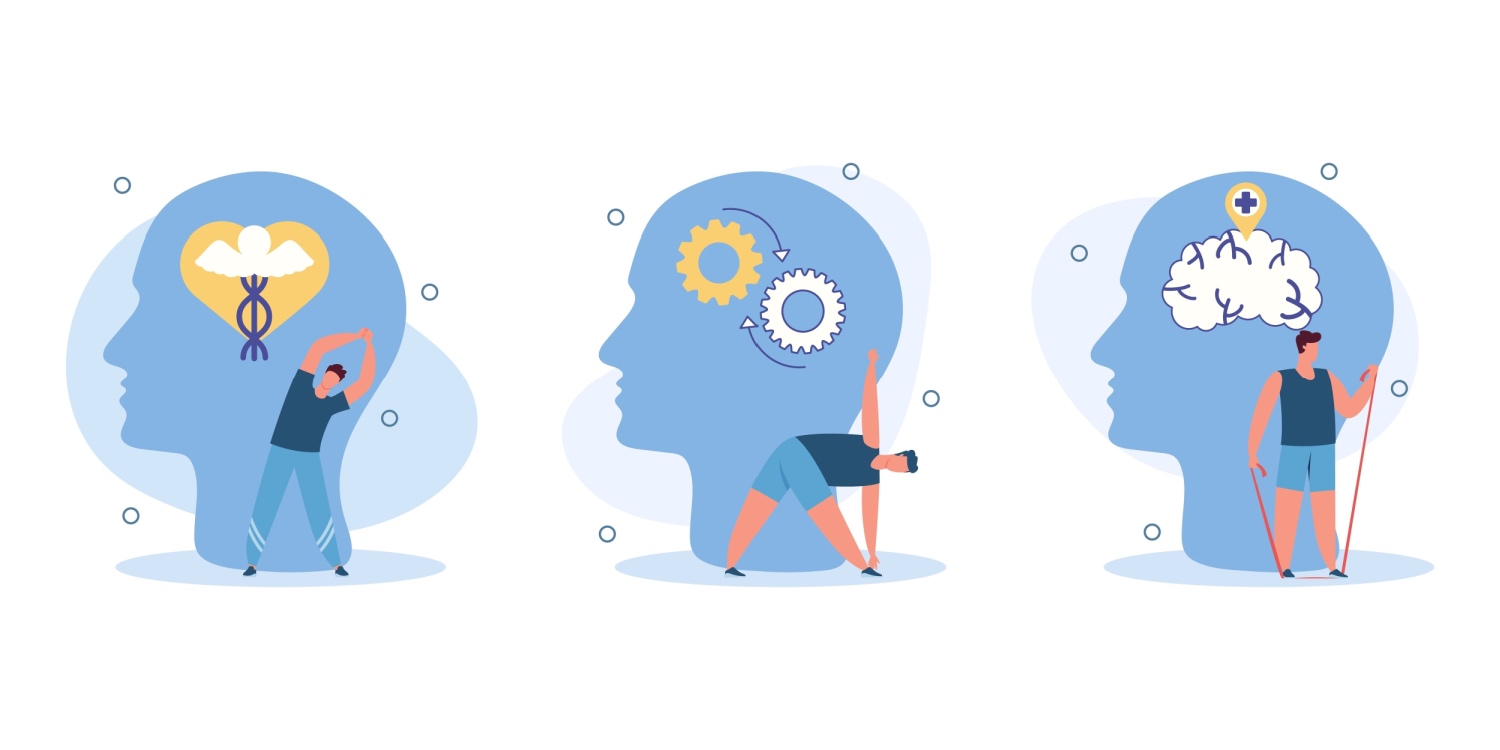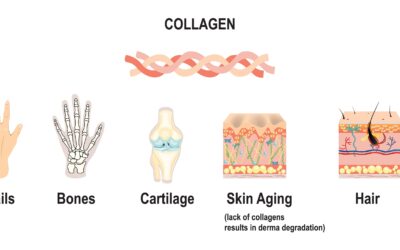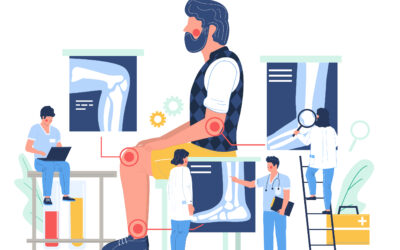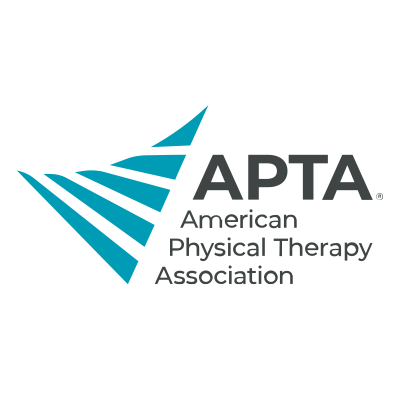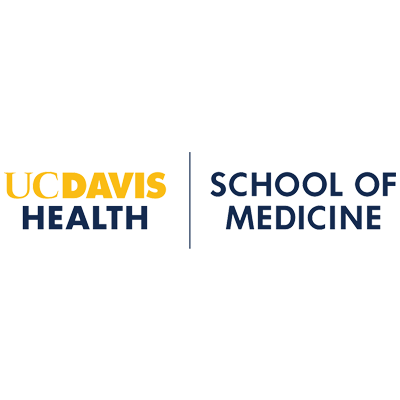Written by Michael Moore, PT
One deeply-rooted priority we hold at Folsom PT is taking an all-around approach in trying to help optimize the health of our patients and training community. We believe that good health requires more than exercise alone, so we strive to provide quality information regarding lifestyle changes in multiple areas.
In this article I would like to explore the topic of brain health. A couple of years ago I turned 75 years old, which most would consider the final quarter of life. As we age, many of us face a fear of dementia. Reflections on aging have led me to seek information on sustaining the systems that contribute to body function, especially the central nervous system. I have been reading blogs, listening to podcasts, and attending virtual conferences on brain health and would like to share what I have learned with the FPT community.
Lifestyle Components of Brain Health
The main sources of information I’d like to introduce come from two highly-trained neurologists, each from esteemed academic and professional backgrounds. These doctors, Dean and Ayesha Sherzai, relocated their careers and lives to southern California and Loma Linda University after each had suffered losses of close family members with dementia.
Central to their choice to relocate to Loma Linda was its distinction as one of the world’s five “Blue Zones.” In the early 1990s, National Geographic author Daniel Buettner coined the term “Blue Zone” to identify geographic areas with populations who enjoy longer lifespans and lower rates of chronic disease.
Doctors Sherzai recommend specific lifestyle components for optimal brain health, which they explore in their weekly podcast, Your Brain On. These lifestyle choices include the following: no smoking, little or no substance abuse (including alcohol), meditative practices, and good sleep hygiene. They have actually come up with an easy way to remember each component with the acronym, NEURO:
N – Nutrition: based on well-rounded evidence, they recommend:
1. local plant-based fruits and vegetables
2. high fiber from legumes and whole grains
3. omega-3 food sources – preferably from plants but could include some wild-caught fish
I recommend that anyone interested in expanding their knowledge toward incorporating plant-based nutrition should schedule an appointment with FPT’s own Kate Check, nutrition consultant.
E – Exercise: 150 minutes of cardiovascular exercise each week (recommendation by the National Institute of Health (NIH)) in addition to balance and flexibility practice.
Patients who train with us or perform independent gym programs implement these training components on a regular basis. I invite anyone reading this newsletter article who would like help integrating balance and flexibility into their exercise regimen make an appointment with that goal stated to your physical therapist.
U – Unwind: it is important to address stress. Doctors Sherzai distinguish that there is a difference between manageable, motivating stress and “bad” stress or “distress” which we should try to minimize. Later in this article I address meditation to help manage “bad” stress.
R – Rest: Doctors Sherzai emphasize that the brain does not rest in the same way the body does. At night the brain is very active, clearing toxins and firmly establishing links for desired memory. Matthew Walker’s book Why We Sleep and other sleep experts recommend:
1) sleeping 7-9 hours each night
2) attempting to get up at the same time each day
3) avoiding naps
4) eliminating bedtime blue screen exposure, such as with cell phone usage
5) avoiding caffeine past noon
O – Optimize: Doctors Sherzai recommend we engage our brains in new challenges through activities like learning a musical instrument or new language, dancing, volunteering, being part of a community, and investing in relationships.
Some individuals find camaraderie and social support in our independent gym community; some gain it in our group training sessions. We feel the community bond is an integral part of our patients’ success at Folsom PT. Again, anyone reading this newsletter that does not have this community bond, please inform your therapist or make an appointment with the stated goal of moving in that direction.
As many readers of this newsletter already know, our group exercise sessions aim to incorporate four components of what we believe regular exercise should strive to incorporate:
1) Variation of exercises: promotes brain and cardiovascular health
2) Muscle strength: especially of the trunk or torso, lower extremities, and upper extremities
3) Balance and fall prevention: an ability that almost universally diminishes with age
4) Flexibility: helps avoid/slow the natural progression towards increasing levels of stiffness
Impact of Lifestyle Choices
We’ve all heard a story about someone who smoked all their life and died in their 80s. Or a person who drank alcohol daily and seemed to have great quality of life until they died in their 70s or 80s. We may even have known someone similar personally. People are quick to attribute such longevity to genetics, which begs the question: why even bother with a healthy lifestyle?
It turns out that lifestyle becomes more important the longer we live. There has been a dramatic rise in dementia as people are living longer and the implications of poor lifestyle choices have more time to rise to the surface. Alzheimer’s disease is traditionally considered largely genetic, but the Doctors Sherzai present evidence showing that as few as 2 to 5% of the population are genetically predisposed to Alzheimer’s.
Impact of Nutrition
I recently watched an enlightening documentary series on Netflix titled You Are What You Eat about a 2022 Stanford University study comparing the effects of diet in 22 sets of twins. For 8 weeks, one twin maintained a whole food, plant-based eating regimen while the other twin ate an omnivorous diet. Check it out and expand your perceptions of what good health can be.
A local UC Davis brain health research doctor and Director of the UC Davis Alzheimer’s Disease Center, Charles DeCarli, has published evidence on the importance of nutrition from the time we are in-utero to old age. Doctors Sherzai interviewed Dr. DeCarli about these findings on their podcast, some of which are summarized as follows:
1) Proper nutrition during pregnancy is critical for fetal brain development. Brain development also does not stop at 18, when we are allowed to vote, nor at 21, when we are allowed to legally drink alcohol. According to Dr. DeCarli, brain development continues up until age 40. I believe my wife would feel that someone close to her is STILL developing.
2) After age 40, the brain is in what Dr. DeCarli calls the “maintenance phase.” He believes that nutrition maintenance is critical during this point in life and sets us up for what is coming after age 60.
3) Dr. DeCarli calls the time after age 60 the “final” phase. At this time he emphasizes two factors: nutrition and environmental stimulation. These factors, in addition to regular exercise, are vital to supporting a personal sense of purpose and belonging.
Impact of Hormone Replacement Therapy During Menopause
When discussing symptoms of dementia and the diagnosis of Alzheimer’s, Doctors Sherzai bring up a very important point of discrimination that applies to the FPT community’s female-majority. The Italian researcher Dr. Lisa Mosconi was studying molecular biology when her grandmother, who raised her, began suffering from mental decline. Dr. Mosconi asked her mentor at the time why Alzheimer’s affects women more often than men. She was dissatisfied with the answer she received: that Alzheimer’s is a disease of the elderly, and women live longer than men.
Since that time, Dr. Mosconi has dedicated her career to addressing the sore lack of medical research that actually studies women. She found that historically, even animal research has usually been done on only males, by default. Dr. Mosconi began looking at the Positron Emission Tomography (PET) scans of brains of both male and female volunteers. She found that amyloid plaque formation is increased in the brains of females during peri menopause and menopause when compared to same-aged males. Based on her research, hormone replacement therapy (HRT) during menopause may provide benefits to brain health in addition to the same healthy nutrition and exercise choices recommended by the Doctors Sherzai.
Impact of Meditation
One last important element that Doctors Sherzai emphasize on optimizing brain function is meditation. They cite three resources on the subject: Clifford Saron, Research Neuroscientist at the UC Davis Center for Mind & Brain, Ameshi Jha, Psychology researcher at University of Miami, and Helen Lavretsky, Geriatric Psychiatry researcher at UCLA. These researchers were asked to define “meditation.” The essence of their answers was this: meditation is the act of stopping to focus.
All three researchers see focus as an exercise that is difficult at first but can be practiced, noting that first-time meditators usually struggle to maintain focus with directed breathing. Research shows that most newcomers to meditation are unable to maintain focus for more than three breaths. But analogous to exercise, a person shouldn’t just start running 150 minutes per week just because they are told they should – proper training requires a slow build-up in order to avoid injury. The same principle applies to meditation: you build up endurance through the act of trying to focus, noticing when you get distracted, and refocusing repetitively for a set amount of time.
All three brain health experts have researched meditation using functional magnetic resonance imaging (fMRI), which generates a map of neural activity in different brain centers. In this way, beneficial physiological changes have actually been visualized in the brain during meditative states.
Identified health benefits of meditation include decreased negative stress, decreased brain inflammation, and improved healthy hormone release by the endocrine system. Dr. Lavretsky has tried to influence the NIH to further their health recommendations to include meditation practice and invest in the research showing that small doses of meditation each day, 12-15 minutes, promotes brain health.
Meditation is not exclusively performed lying down or sitting cross-legged and breathing mindfully – these are only examples. Meditation can be achieved through total focus on a musical piece, a prayer life, or a level of exercise – anything that requires total focused effort for a dedicated length of time. This practice could be applied by a distance runner, a swimmer doing laps in a pool, or a person on a stationary bike – any activity with a point of focus to rely upon, knowing that distractions will arise. The key then becomes the act of ongoing focus, resisting distraction, and repeated refocusing. Personally, as a person who has a faith, I was pleased to read that prayer can be a form of meditation. However, I will be the first to admit that I would struggle to focus with the intensity described for 12 to 15 continuous minutes – it would seem I now have a higher goal.
In Conclusion
I am hopeful this article has been helpful to people interested in striving for optimal health. Optimal health includes not just physical health at Folsom PT, but also brain health, and we should strive for both as long as possible. There are things we can do to prevent or minimize declining physical health, and I encourage you to consider a similar outlook on brain health.

